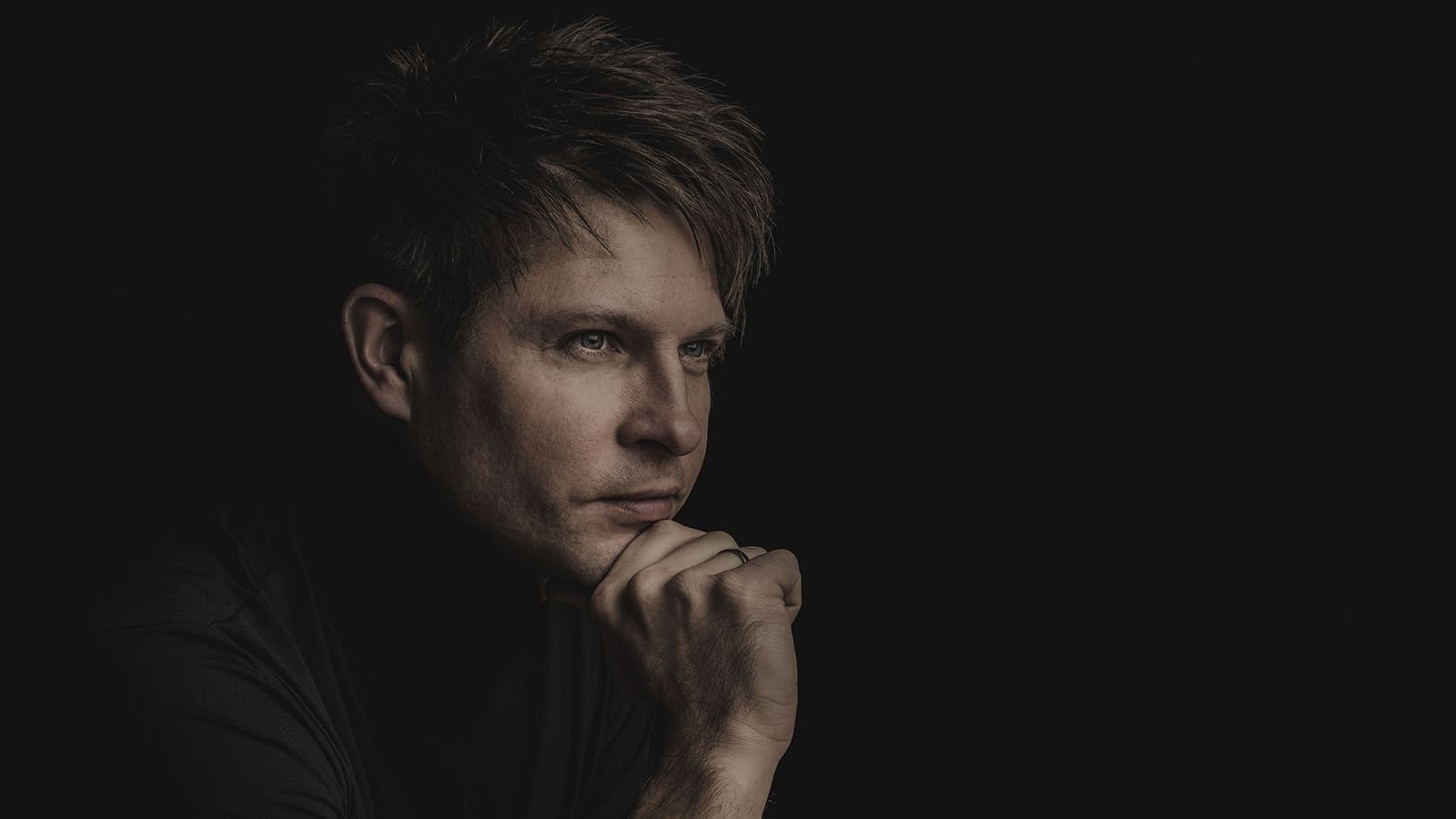A Forceful yet Relaxed Rite & Francesca Dego's Debut

The National Symphony Orchestra is led this week by a terrific guest conductor, Krzysztof Urbański. He has impressed in previous visits, but left questions about how much musical depth there was beneath his somewhat flashy exterior. Thursday night, he was magisterial, relaxed, and in complete command of three difficult works, far outshining the violin soloist.
The opener – Krzesany, by Wojciech Kilar (1932-2013) -- was an absorbing pastiche of mid-20th-century tropes developed by Bartók, Ligeti, and Penderecki. KIlar was best known as a film composer (including Polanski’s “The Pianist” and Coppola’s “Dracula”), and the piece is highly episodic, though without any particular program and with no discernable thematic narrative. Still, the musical imagination was vivid, carrying us along from the dense, declamatory opening chords, through swooping, waterfall glissandos from the entire string section, stomping peasant dance music, and a final descent into chaotic anarchy from which the brass section “rescues” us by rising to its feet and slowly bringing order with a shining major triad. These devices are usually just aural chewing-gum in the place of musical substance, but here you could tell there was a real artist manipulating the elements.
Urbański led the piece (about 17 minutes long) without a score, brought one out for the concerto but barely glanced at it, and then delivered a tour de force performance of Stravinsky’s Le Sacre du printemps after intermission, again from memory.
Francesca Dego, making her Kennedy Center debut, is a strong player with a major career in Europe including recordings on DG (Paganini Caprices) and Chandos (concertos by Mozart and Paganini). She is at home onstage, her technique is secure in all registers, and her bowing is forthright, big, and unsubtle. What she lacks, alas, is a beautiful, distinctive tone. The Prokofiev G minor Concerto pointed up both sides; the slashing chords and passagework in the finale were dispatched with sturdy athleticism; I’ve never heard better. But the yearning song that opens the Andante assai lacked any sort of line; an intermittent, almost colorless vibrato. Her encore – Polish Caprice by Grażyna Bacewicz – was more enjoyable, highlighting the stronger elements of her playing. Urbański accompanied with care, far more care than we are used to from the NSO’s music director, and Dego was only covered in a few spots (the horns, as usual, doing the most damage in the Andante).
More than a century after it was created, the Stravinsky is still the ultimate test for a conductor and orchestra. The meter-changes alone come so thick and fast that individual musicians momentarily fall off sometimes, even in the top groups. Only a small handful of conductors have ever dared lead this minatory piece without a score; Bernstein was the first, I believe, and today Rattle and Dudamel have done it. But watching it (you can see them on YouTube) is something of a white-knuckle experience. Urbański, by contrast, leads the piece almost as if it’s by Mendelssohn. There was not a hint of insecurity at any point; the Danse de la terre and the Danse sacrale, which close the first and second sections respectively, were almost tame sounding. Not in the riotous sonorities which he certainly encouraged, but in the untroubled naturalness of the phrases. Urbański has the gift of conveying more than one rhythm at a time; one with his stick the other with his body. The result was the most “relaxed” Sacre I’ve ever heard.
Even with a middling soloist, this program is a clear highlight of the NSO’s season. The second performance has already gone by (Friday morning), but will be repeated tomorrow night.





